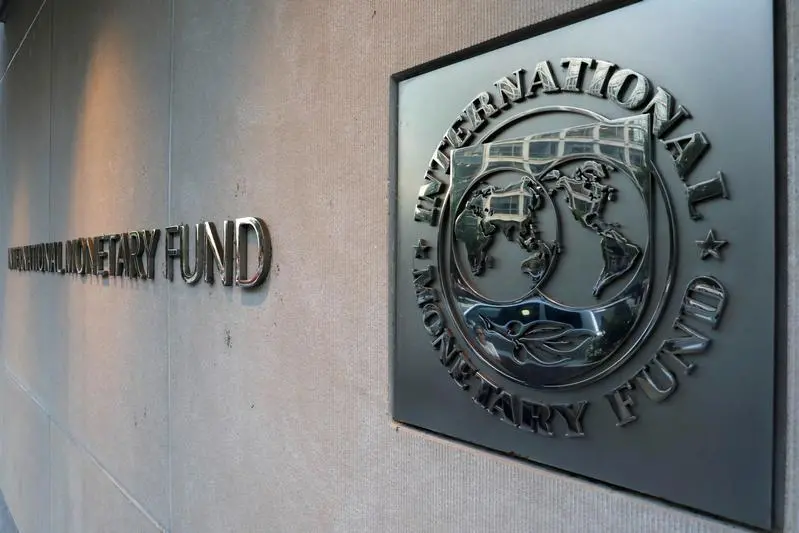PHOTO
(The author is a Reuters Breakingviews columnist. The opinions expressed are her own.)
LONDON- The world economy is on course to contract less severely in 2020 than it seemed it might back in June. So says the International Monetary Fund, which on Tuesday released a raft of economic forecasts. Look below that cheery summary, though, and what the IMF has served up is a litany of problems, and some not-so-helpful advice.
The Washington-based lender expects global GDP will shrink 4.4% this year, an improvement of 0.8 percentage points on its last update. But there’s little else to cheer in a report aptly titled “A long and difficult ascent”. Emerging market and developing economies are seen doing worse, not better, in 2020 and the world growth forecast for 2021 was trimmed by 0.2 percentage points to 5.2%. Nearly 90 million people may fall below the $1.90-a-day income threshold of extreme deprivation this year and inequality will rise.
Not gloomy enough There’s more. Sovereign debt will rise markedly by end-2021, the IMF reckons: by 20 percentage points to about 125% of GDP in advanced economies and by more than 10 percentage points to about 65% of GDP in emerging and developing economies. And economic scarring from a global recession will further brake productivity growth.
IMF Chief Economist Gita Gopinath’s advice for the short term is clear: don’t withdraw policy support too soon and support viable firms where possible. The catch is that it’s not easy to judge in the middle of a pandemic which firms are viable. And the policy support can quickly become political rather than economic.
Other IMF recommendations will be even harder to implement. For example, the fund says governments should in time help workers move from shrinking sectors, like travel, to ones that are growing, like e-commerce. A good idea, but that often requires training, which requires money. Some workers may just end up in the low-wage, low-skilled parts of the so-called gig economy.
Or take the call for governments to ensure companies pay their fair share of taxes and that wasteful public spending is eliminated. That’s commendable – but if it were that easy, debt levels would have been much lower going into this crisis. As it is, more poor nations will need help from creditors and lenders like the IMF. At least then the fund can show it’s doing some good.
On Twitter https://twitter.com/swahapattanaik
CONTEXT NEWS
- The International Monetary Fund said on Oct. 13 that it expected global GDP to shrink 4.4% in 2020, an improvement of 0.8 percentage points on forecasts that it issued in June.
- “While the global economy is coming back, the ascent will likely be long, uneven, and uncertain,” IMF Chief Economist Gita Gopinath wrote in the foreword to international lender’s latest World Economic Outlook.
(The author is a Reuters Breakingviews columnist. The opinions expressed are her own.)
(Editing by John Foley and Karen Kwok) ((swaha.pattanaik@thomsonreuters.com; Reuters Messaging: swaha.pattanaik.thomsonreuters.com@reuters.net))





















